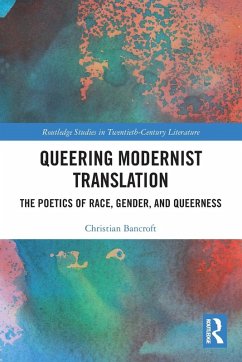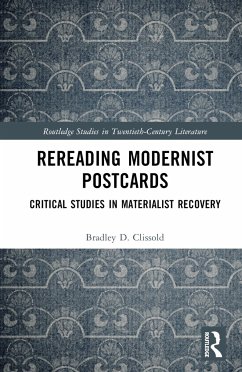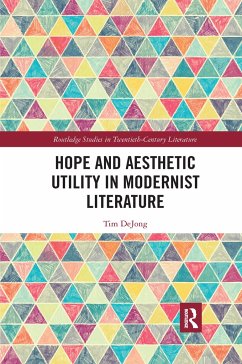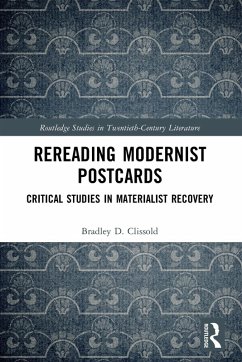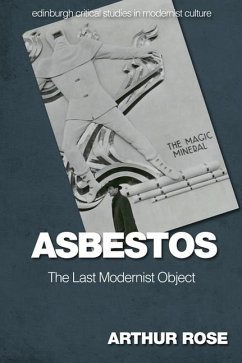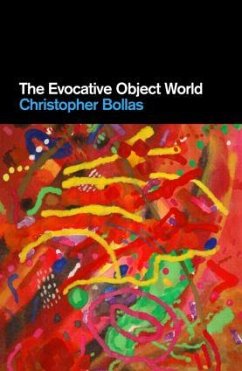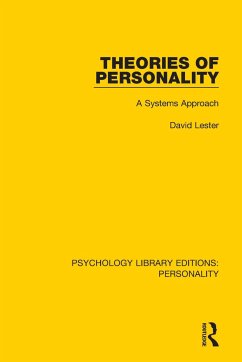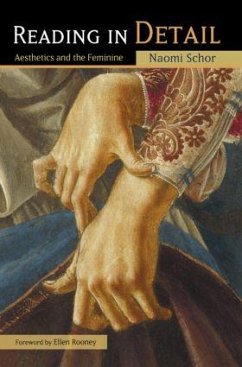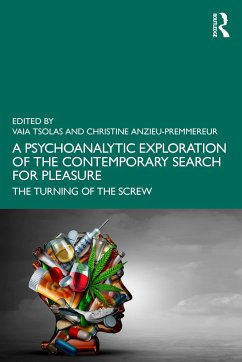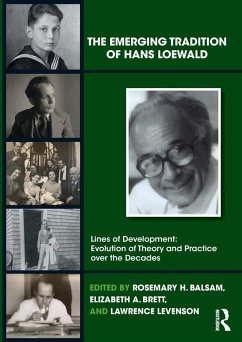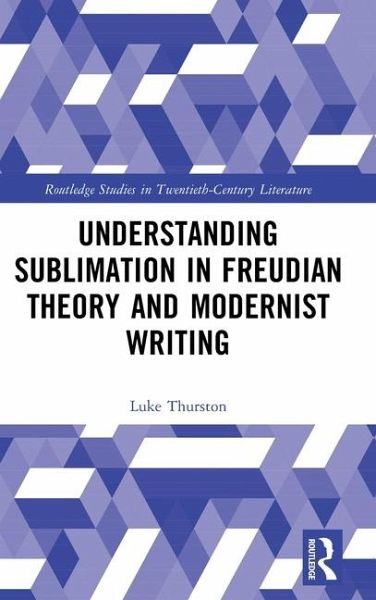
Understanding Sublimation in Freudian Theory and Modernist Writing
Versandkostenfrei!
Versandfertig in 6-10 Tagen
145,99 €
inkl. MwSt.
Weitere Ausgaben:

PAYBACK Punkte
73 °P sammeln!
What is at stake in Freud's enduring preoccupation with a process supposedly diverting sexuality into cultural activity? In this study, a leading scholar of psychoanalysis and literature re-opens the old question of sublimation in a critical reading that explores one of the last remaining puzzles of Freudian thought. Using the rigorous framework provided by Jean Laplanche, Luke Thurston resituates sublimation as an unfinished Freudian concept bound up with a much wider history of philosophical and literary reflection. Exploring the misunderstanding and reinvention of sublimation both in accoun...
What is at stake in Freud's enduring preoccupation with a process supposedly diverting sexuality into cultural activity? In this study, a leading scholar of psychoanalysis and literature re-opens the old question of sublimation in a critical reading that explores one of the last remaining puzzles of Freudian thought. Using the rigorous framework provided by Jean Laplanche, Luke Thurston resituates sublimation as an unfinished Freudian concept bound up with a much wider history of philosophical and literary reflection. Exploring the misunderstanding and reinvention of sublimation both in accounts of cultural history and in Lacan's celebrated reading of Antigone, Thurston challenges some of the prevalent assumptions still seen in contemporary "theory." Thurston links his critical investigation of psychoanalysis to modernist literature, discovering both parallels and alternatives to Freud's idea of sublimation in little-known works by May Sinclair and David Jones. The study concludes by arguing that these modernist artists, both of whom were significantly affected by trauma during the First World War, produced work radically at odds with the established canons of representation, and that this "anti-hermeneutic" art can be linked to a "Copernican" sublimation, a process not controlled by the ego but vitalizing it and decentring its habitual structure.





